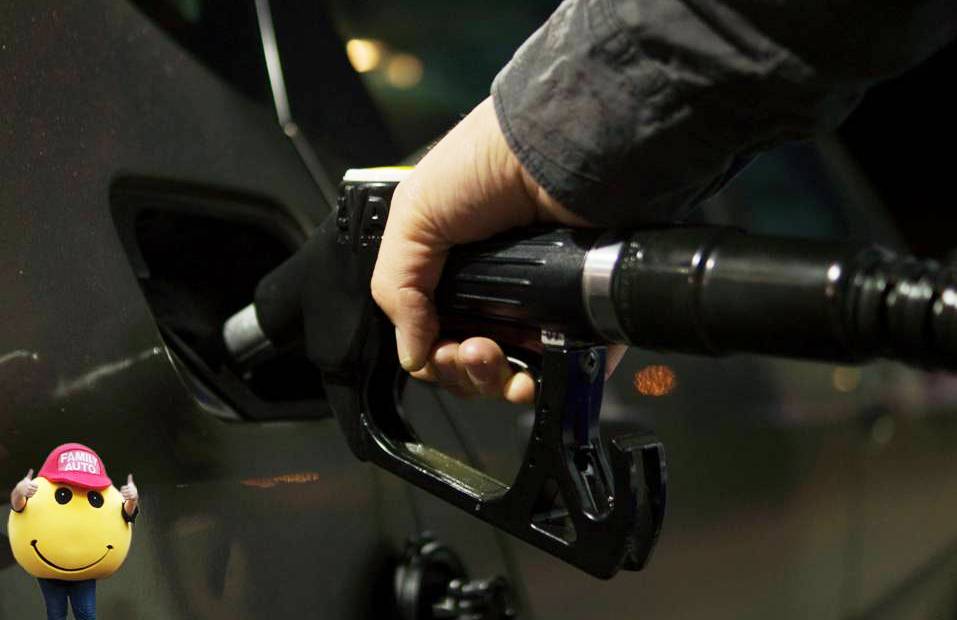Fuel Economy Facts vs Fictions: Things You Should Know
All drivers worry about gas mileage. Especially when gas prices have the tendency to always follow an upward price curve, you cannot really blame anyone for trying everything to get more mileage out of a gallon. From this desperation, stems myths. And riding on these myths, a few players profit. You remain the ultimate loser. Your fuel economy does not improve. And you lose more money in trying to save some in the first place. Hence, as a vehicle owner in the United States, you must separate the facts from the fictions that you hear and stay protected from fraudulent deals.
Let’s get started.
Fiction 1: Fuel additives improve gas mileage
Fact: They do not. Most of the additives that you see in the market are mere advertising gimmicks. Unless the makers claim that their products improve mileage, people will simply not buy something to keep the pipes clean, remove grime, or more. The best used cars by dealer never come with fuel additives. They carry the fuel type specifically recommended by the car manufacturer. Do the same for your car as well and buy an additive for its intended purpose, not to increase efficiency.
Fiction 2: Add-on equipment can improve gas mileage
Fact: Again, they do not. These rumors are spread by unscrupulous used car lots in Greer, SC who look to add profits by selling you unnecessary products. You may hear that adding a small premium part in the exhaust pipe or clamping magnets on the fuel line will somehow scientifically improve combustion in the engines. There are no such magic products. All you need to do is to keep an eye on the tire pressure monitoring system and invest in a tire gauge if required. Well-inflated tires help to return optimal fuel efficiencies.
Fiction 3: Only use high-octane content gasoline
Fact: Not necessary. If your car is rated to use regular gasoline, pouring a premium grade fuel will only waste your money. Car manufacturers design engines to run on specific octane numbers. And the engines combust the oil perfectly without depending on the octane figures. It is true that fuels with high octane values combust easily but it is not going to make any difference to your fuel efficiency. Read your owner’s manual. Buy the fuel that is suggested. And remove your fictional expectations from premium grade fuels.
Fiction 4: An older car has worse mileage
Fact: On the contrary, cars tend to get better with fuel efficiency with the number of miles they add on themselves. Why do you think the EPA tests new cars after they have added 5000 miles? Because they want the peak figure and brand-new vehicles do not return the expected rating. So, in the bad credit car dealership in Greer, SC, do not close your mind and options to only low-mileage cars. Scan through all the available options as older cars carry better fuel efficiency. The economy actually depends on maintenance rather than age and you should be buying well-maintained used cars rather than fairly-new vehicles.
Fiction 5: Cars with manual transmission have better fuel economy
Fact: This was true in the 1970s when automatic transmission was still technologically improving. The computations were not as efficient as it is today and naturally, the manual gave greater control over the car and combusted the fuel well. Right now, however, the story is entirely different. Automatic transmission works on par with manual and you cannot tell any difference in fuel efficiency. Do not lose your mind if you do not know how to drive with a stick. Your automatic transmission vehicle saves as much fuel as any manual one.
Improving fuel efficiency is actually free
Yes! You do not have to invest in expensive cars or fuel to get more mileage out a gallon. The trick is simple. Buy from one of the best used car lots in Greer, SC to ensure that you are bringing home a quality used vehicle. Then, check your driving habits. Use the recommended gasoline and keep your maintenance routines. With these, you will surely achieve fuel efficiency near to the car’s actual EPA ratings. The internal electronics do all the hard work today. They decide combustion and fuel flow. Try to aid their mechanism with your driving habits and solid investment and you will not have to lose your sleep over rising fuel prices.
Disclaimer
The information provided on this website is for general informational purposes only. It is not intended to be legal, financial, or professional advice. The content on this site is based on our understanding of current laws, regulations, and practices as of the date of publication. We make no representations or warranties of any kind, express or implied, about the accuracy, reliability, suitability, or availability of the information contained on this website.
Visitors are encouraged to seek professional advice from qualified professionals regarding their specific situations. Any reliance you place on the information provided on this website is strictly at your own risk. We do not assume any responsibility or liability for any loss or damage incurred as a result of the use of this website or reliance on the information provided herein.
Furthermore, this website may contain links to external websites that are not under our control. We have no control over the nature, content, and availability of those sites. The inclusion of any links does not necessarily imply a recommendation or endorsement of the views expressed within them.
Every effort is made to keep the website up and running smoothly. However, we take no responsibility for, and will not be liable for, the website being temporarily unavailable due to technical issues beyond our control.
Please consult with qualified professionals and carefully review all terms and conditions before making any financial or legal decisions. We recommend conducting thorough research and seeking personalized advice to ensure that any actions you take are suitable for your individual circumstances.



